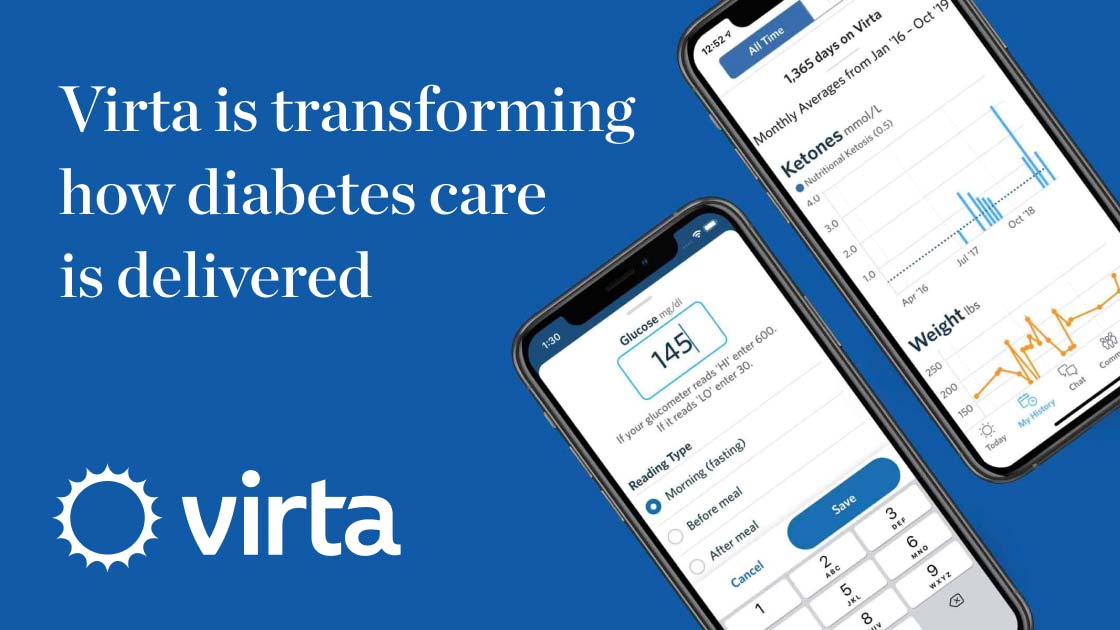(Medical News Today)
A summary of the scientific evidence available so far suggests that obesity is associated with a higher risk of developing severe symptoms and complications from COVID-19, independent of other illnesses such as cardiovascular disease.

Early data seems to suggest that people with obesity are more likely to become severely ill due to COVID-19, the disease caused by the novel coronavirus.
An increasing number of reports have linked obesity to coronavirus mortality, and the Centers for Disease Control and Prevention (CDC) now list obesity as a risk factor for severe COVID-19. The CDC defines severe obesity as having a body mass index (BMI) of 40 or above.
However, it is currently unclear exactly why obesity is associated with a more dangerous form of the disease.
To shed light on the situation, a team of experts in Germany, the United Kingdom, and the United States have come together to review the evidence and clarify what we know so far.
Their findings are published in Nature Reviews Endocrinology.
The Evidence So Far
In China, where the outbreak began, data from 383 patients showed that having obesity was associated with a 142% higher risk of developing severe pneumonia associated with COVID-19.
A larger study of over 4,000 patients with COVID-19 in New York City found that severe obesity was a major risk factor for hospitalization, second only to age.
In Seattle, a study of critically ill COVID-19 patients made similar findings. This analysis found that 85% of patients with obesity required mechanical ventilation, compared to 64% of patients without the condition. Moreover, 62% of the patients with obesity died of COVID-19, compared with 36% of those without obesity.
However, it is important to note that this particular study included only 24 patients, all of whom were critically ill, making it difficult to draw far-reaching conclusions from the data.
The final study included in the analysis involved 124 patients in Lille, France, and also found that patients with obesity were more likely to require invasive mechanical ventilation.
Why Is Obesity A Risk Factor?
According to the study authors, one way that obesity might increase the risk of severe COVID-19 involves respiratory dysfunction.
People with obesity are more likely to have higher resistance in their airways, lower lung volumes, and weaker respiratory muscles, which are critical in the defense against COVID-19. These factors make an individual more likely to develop pneumonia, and they place additional stress on the heart.
Obesity is also associated with diabetes, heart disease, and kidney disease, all of which likewise increase the risk of developing pneumonia.
Setting these issues aside, high blood pressure, high cholesterol levels, and prediabetes could make people more susceptible to infection, the authors point out.



